Top 10 AI Trends for 2025: What Businesses Need to Know
Artificial Intelligence (AI) is advancing at an unprecedented pace, transforming industries and redefining how businesses operate, compete, and grow. As we move into a new era of digital innovation, staying ahead of the AI trends for 2025 is essential for companies looking to lead rather than follow.
From generative AI and intelligent automation to edge computing and sustainable innovation, this year’s top developments are shaping the future of business across sectors. For startups, entrepreneurs, software companies, IT firms, and enterprises, understanding these trends is the first step toward unlocking new opportunities.
In this blog, we explore the AI statistics and top 10 trends that transform businesses in 2025 and beyond. Let’s dive in!
Table of Contents
AI Statistics
AI is rapidly reshaping the global economy, revolutionizing how businesses operate, how consumers interact with technology, and how societies adapt to change. These powerful statistics offer a snapshot of AI’s growing impact across industries, productivity, innovation, and public perception.
Key AI Statistics for 2025 and Beyond:
- $1.34 Trillion AI Market by 2030: The global AI market is projected to soar from $214 billion in 2024 to $1,339 billion by 2030, highlighting its exponential growth and broad adoption across sectors.
- 21% Boost to U.S. GDP by 2030: AI is expected to contribute a 21% net increase to the U.S. GDP by 2030, emphasizing its transformative role in driving national economic growth.
- 75%+ Concerned About AI Misinformation: While AI continues to evolve, more than 75% of consumers express concerns about misinformation, especially regarding the reliability of AI-generated content online.
- ChatGPT Reached 1 Million Users in 5 Days: OpenAI’s ChatGPT demonstrated AI’s mass appeal by gaining 1 million users in just five days, showcasing the public’s eagerness to adopt conversational AI tools.
- 10% of Cars to Be Self-Driving by 2030: It’s expected that 1 in 10 vehicles will be autonomous, with the global self-driving car market forecasted to triple in size.
- 64% of Businesses Expect AI to Boost Productivity: A Forbes Advisor survey found that 64% of companies anticipate AI will significantly enhance productivity, affirming confidence in AI’s practical business value.
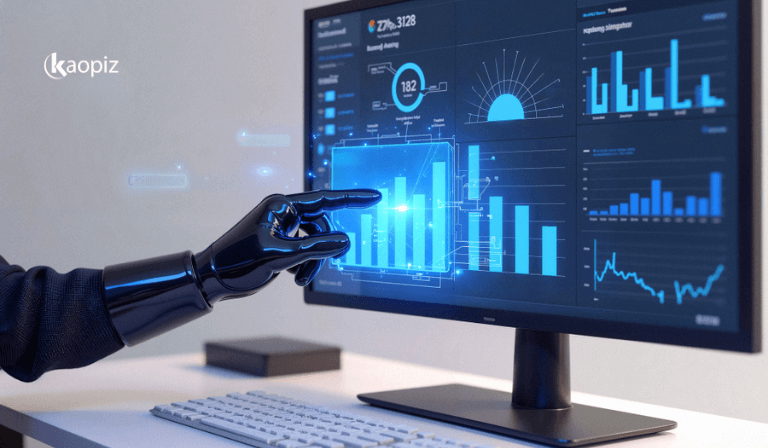
These numbers highlight not just the current influence of AI, but it’s incredible potential to reshape the future of technology, business, and society.
Top 10 AI Trends for 2025
As AI continues to advance at lightning speed, staying ahead of emerging trends is essential for businesses looking to stay competitive. Here are the latest AI trends in 2025 shaping innovation, strategy, and operations.
Generative AI Goes Mainstream
In 2025, generative AI will no longer be a novelty – it’s a powerful tool embedded in everyday business operations. From generating marketing content and automating code to creating synthetic images, videos, and even music, generative AI is enabling faster, more creative workflows across industries.
Businesses of all sizes are leveraging platforms like ChatGPT, Midjourney, and DALL·E to cut costs, enhance productivity, and personalize customer experiences at scale. As APIs and tools become more accessible, generative AI is becoming a core part of product development, customer service, and creative innovation.
AI-Enhanced Automation in Business Operations
AI-powered automation is one of the noticeable IT outsourcing trends in 2025. It is transforming how businesses operate by streamlining repetitive tasks, reducing human error, and improving decision-making speed. More and more companies are integrating AI into core workflows – from customer support and finance to supply chain management and HR.
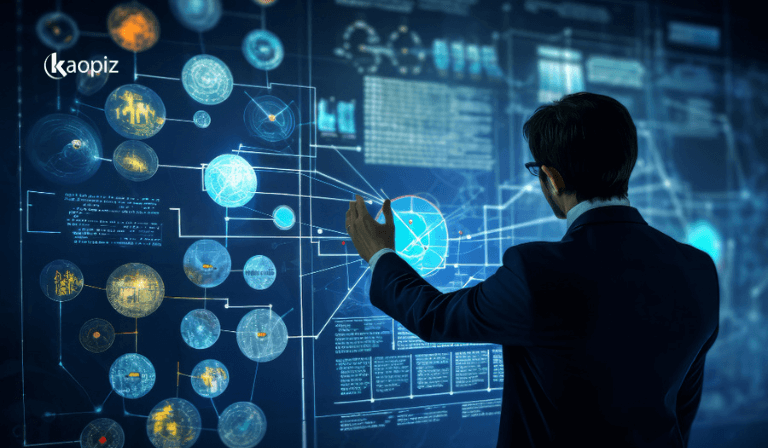
With intelligent automation, businesses can move beyond simple rule-based systems to dynamic, data-driven processes that adapt in real time. Tools like AI chatbots, robotic process automation (RPA), and AI copilots are enabling teams to focus on high-value tasks, while AI handles the repetitive processes, driving efficiency and reducing human error.
Edge AI for Real-Time Intelligence
As demand for faster data processing grows, Edge AI will emerge as a game-changer in 2025. Instead of sending data to centralized cloud servers, edge AI processes data locally – on devices like sensors, smartphones, and IoT hardware – enabling real-time decision-making with minimal latency.
This approach is ideal for industries where speed and responsiveness are critical, such as manufacturing, autonomous vehicles, healthcare monitoring, and smart cities. By combining AI with edge computing, businesses gain faster insights, lower bandwidth costs, and enhanced data privacy.
Explainable AI (XAI)
As AI systems become more complex and widely adopted, the need for transparency and accountability is greater than ever. Explainable AI addresses this by making AI decision-making more understandable to humans, revealing how, why, and what factors influence its outputs.
For example, industries like finance, healthcare, and legal services, where trust, compliance, and ethical standards are critical, XAI helps build confidence in AI-driven decisions. It also supports regulatory requirements by offering clear insights into risk, bias, and logic behind automated actions.
AI in Cybersecurity
With cyberattacks becoming more frequent and sophisticated in 2025, AI plays a critical role in defending digital assets. Advanced AI systems are now essential for detecting anomalies, predicting threats, and automating responses before breaches cause serious damage.
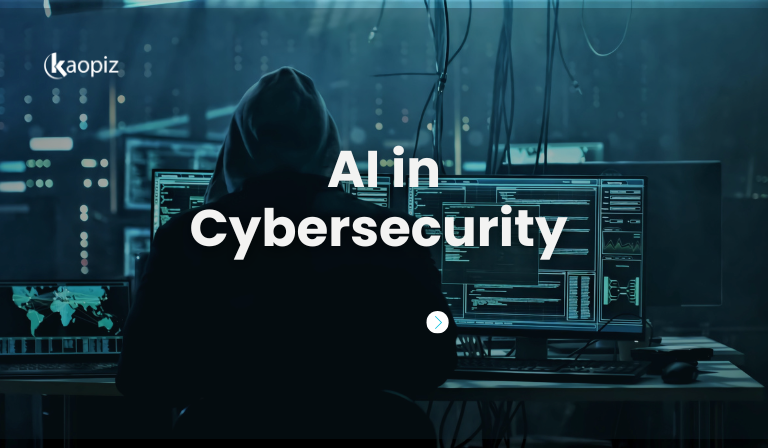
Beyond behind-the-scenes algorithms, AI is also being used in proactive training. For example, AI-powered chatbots can simulate phishing attempts to help employees recognize and avoid social engineering attacks, turning cybersecurity into a continuous, adaptive learning process.
Multimodal AI
Multimodal AI refers to systems that can understand and generate multiple types of data – text, images, audio, and video – simultaneously. This technology will be one of the AI trends in 2025 and unlock richer, more interactive user experiences across industries.
In healthcare, multimodal AI helps doctors analyze patient records, medical images, and voice notes in a unified view to make faster, more accurate diagnoses. For everyday use, it powers virtual assistants that can create slide decks from prompts, edit videos, or even identify car issues from photos or sounds.
This seamless integration of formats opens new frontiers in content creation, education, customer service, and more, making human-AI interaction more intuitive than ever.
AI for Personalization at Scale
In 2025, customers expect more than just good service – they expect personalized experiences. AI improves customer experience and enables businesses to tailor content, recommendations, and interactions to individual users in real time, no matter the size of the audience.
From personalized shopping suggestions and dynamic pricing in e-commerce to tailored learning paths in education and targeted content in media, AI analyzes user behavior and preferences to deliver highly relevant experiences. This drives engagement, increases conversions, and builds stronger customer loyalty.
Sustainable AI Initiatives
As AI adoption grows, so does the awareness of its environmental impact, particularly the massive energy consumption of cloud-based AI systems. In 2025, you’ll see a stronger push toward greener AI, one of the AI industry trends, with data centers increasingly powered by renewable energy and optimized for energy efficiency.
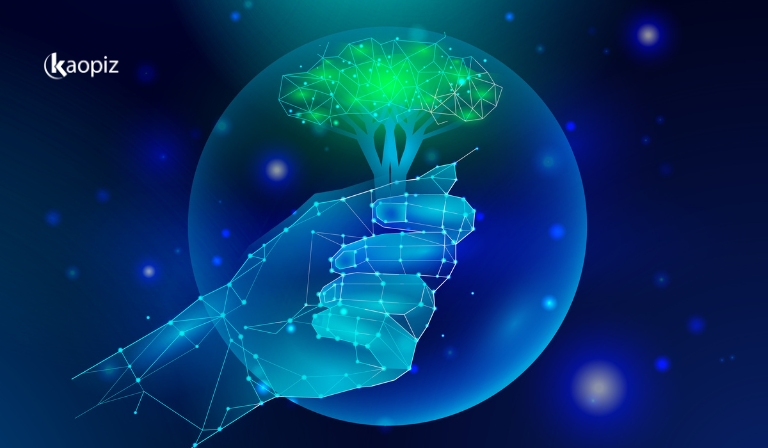
At the same time, AI itself is becoming a key enabler of sustainability across industries. From reducing pesticide and water usage in agriculture to optimizing traffic flows and lowering emissions in smart cities, AI is being applied to solve real-world environmental challenges.
Next-Generation Voice Assistants
Voice assistants like Siri and Alexa have become household names, but their interactions have long been limited to scripted commands. In 2025, that’s changing dramatically.
Advancements in conversational AI are making voice assistants far more intuitive, responsive, and human-like. OpenAI’s new voice mode for ChatGPT showcases natural, interruptible dialogue, while Google is integrating its Gemini chatbot directly into mobile devices, phasing out the older “Hey Google” interface.
This evolution signals the rise of next-generation voice assistants – capable of handling complex conversations, managing tasks, and offering seamless voice-to-voice interaction across phones, wearables, smart homes, vehicles, and more.
AI in Healthcare
AI is the outstanding AI trend in 2025 and transforms healthcare by enabling faster diagnoses, personalized treatments, and more efficient patient care. In the future, AI systems are being used to analyze medical images, interpret electronic health records, and even predict patient outcomes, helping doctors make more accurate, data-driven decisions.
From chatbots that assist with triage and appointment scheduling to AI models that detect early signs of disease, healthcare providers are embracing AI to improve both operational efficiency and patient experience. With advancements in multimodal AI, the ability to combine data from text, voice, and imaging is further enhancing diagnostic accuracy and care delivery.
How Kaopiz Helps You Ride the AI Wave
At Kaopiz, we don’t just follow AI trends 2025 – we help businesses turn them into real-world results. Whether you’re a startup exploring your first AI development or an enterprise scaling intelligent solutions, our team brings the technical expertise and strategic thinking to help you thrive in the AI era.
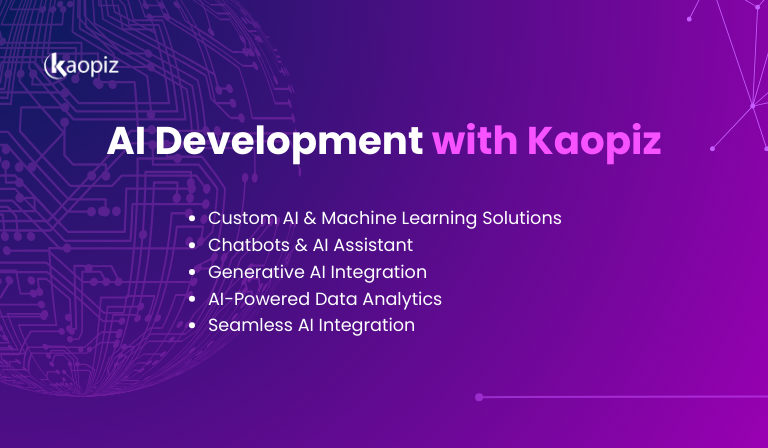
Our AI Capabilities
- Custom AI & Machine Learning Solutions: From recommendation systems to predictive analytics, we build models tailored to your data and business goals.
- Chatbots & AI Assistant: Enhance customer support and internal operations with intelligent, multilingual chatbots and voice assistants.
- Generative AI Integration: Apply generative AI to automate content creation, accelerate software development, or power creative workflows.
- AI-Powered Data Analytics: Turn raw data into actionable insights with advanced analytics and data visualization powered by AI.
- Seamless AI Integration: We help you embed AI into your existing systems, cloud infrastructure, or digital products – securely and efficiently.
Why Choose Kaopiz for Your AI Projects?
- Safe Start: Launch confidently with a clear, structured development process.
- User-Friendly Design: Create intuitive interfaces that boost engagement and usability.
- Strong Security: Keep your data protected with enterprise-grade security.
- Cost-Effective: Get tailored AI solutions that fit your budget and scale with you.
- Faster Delivery: Save time with our efficient processes and experienced team.
- Reliable Performance: Build high-quality, high-impact AI applications that deliver results.
With 300+ experts across diverse specializations, Kaopiz brings deep technical expertise and real-world experience to every project. As a leading software development company with over 10 years in the market, we’re trusted by over 200 clients worldwide – from Fortune-listed enterprises to agile startups.
Let Kaopiz be your AI development partner – ready to scale your business with smart, future-ready technology.
Conclusion
AI is no longer a futuristic concept – it’s a strategic tool reshaping how businesses innovate, operate, and grow. From generative AI and edge intelligence to sustainable initiatives and advanced voice assistants, the top AI trends in 2025 offer immense opportunities for those ready to embrace them.
For startups, enterprises, and everything in between, staying ahead means not just understanding these trends but acting on them. Whether you’re looking to boost efficiency or personalize user experiences, AI can be the catalyst for real transformation.
At Kaopiz, we help businesses turn AI trends into powerful, practical solutions. Let’s explore what AI can do for you today and into the future.
FAQs
What Should Businesses Prepare Before Implementing AI?
Before adopting AI, businesses should identify clear use cases, assess data quality and availability. They should ensure internal readiness, including infrastructure, talent, and change management. Partnering with experienced AI developers like Kaopiz can help streamline planning and implementation.
What are the Potential Risks of AI, and How Can Businesses Mitigate Them?
Common risks include data privacy issues, bias in algorithms, security vulnerabilities, and lack of transparency.
These can be mitigated by using high-quality datasets, applying explainable AI principles, implementing strong governance policies, and ensuring compliance with regulations.
How Can Businesses Effectively Integrate AI?
Effective integration starts with aligning AI initiatives with business goals. This includes selecting the right tools, building or retraining teams, and ensuring smooth integration with existing systems. Working with a technology partner like Kaopiz ensures AI is not just deployed, but optimized for long-term impact.
3 Replies to “Top 10 AI Trends for 2025: What Businesses Need to Know”
Leave a Comment
Trending Post
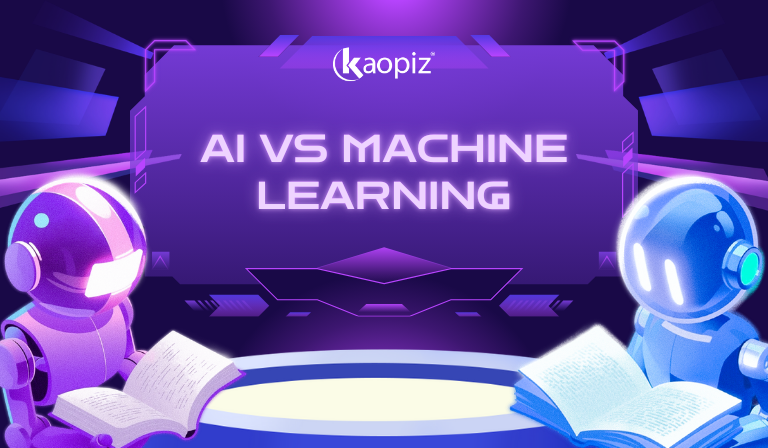
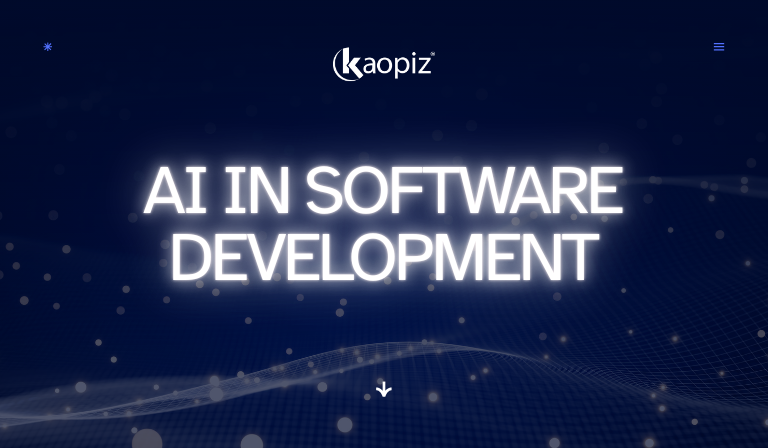
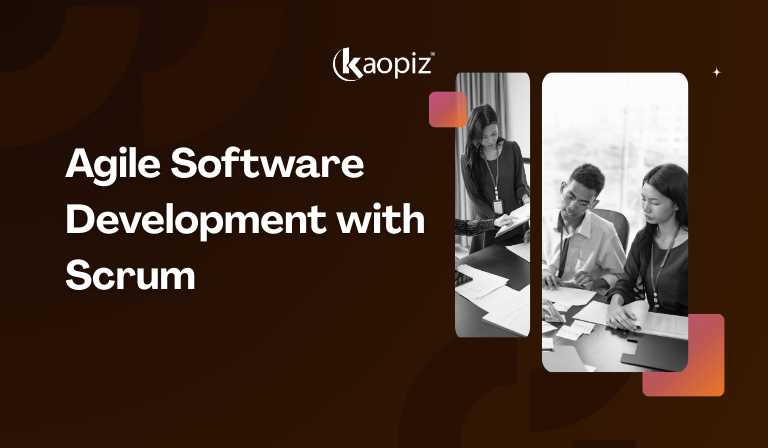
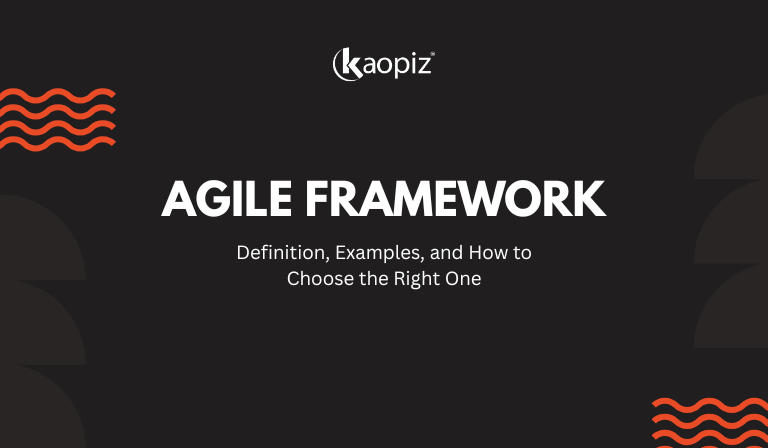
















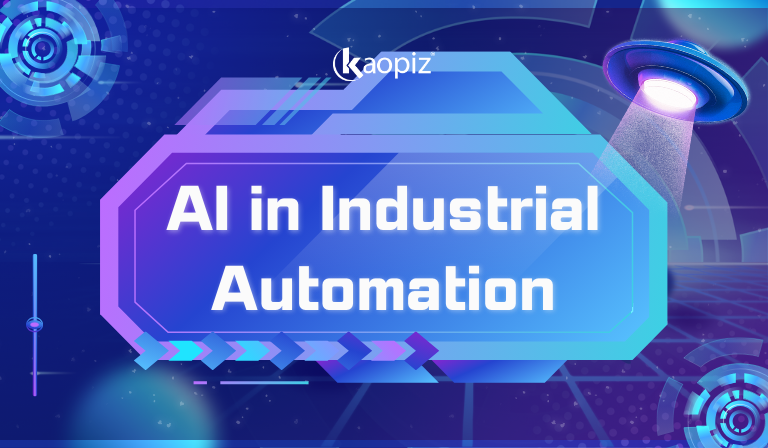

Pingback:Top 10 Construction Industry Trends to Watch in 2025
Pingback:AI in Logistics: Benefits, Use Cases, & Real-World Examples 2025
Pingback:20 Cutting-Edge Technology Trends Shaping the World’s Future